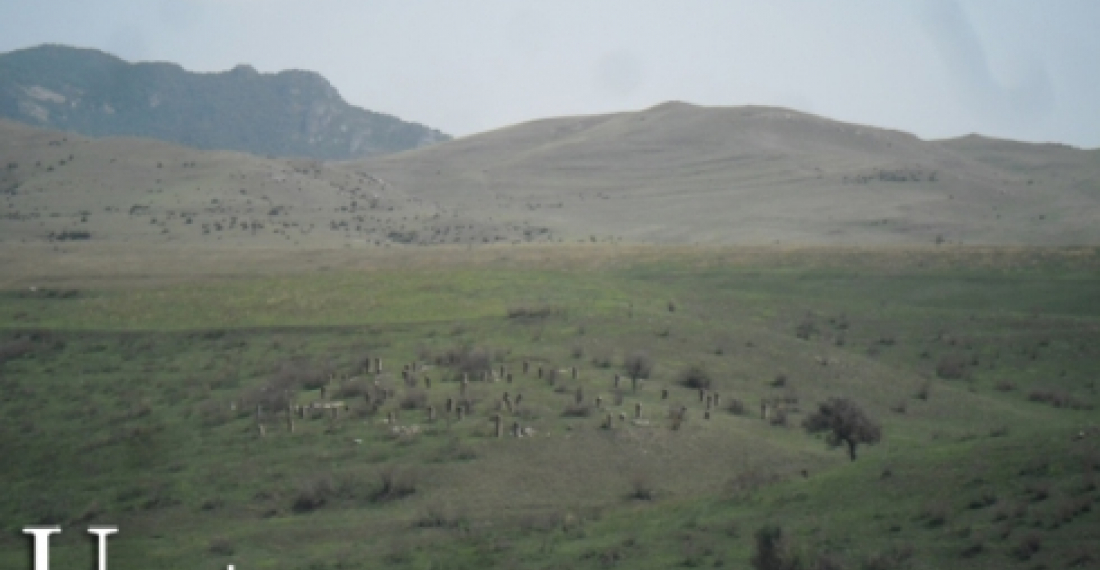An Armenian soldier Arman Harutyunyan died on Saturday as a result of fire from the Azerbaijani side, according to the spokesperson for the Armenian Defense Ministry Artsrun Hovhannisyan quoted by news.am.The incident happened in the border area, near Voskevan village. The soldier killed was from the same village. The Azerbaijani side has denied the incident.
The following is a comment by the political editor of commonspace.eu:
Since the start of the new year there has hardly been a day in which incidents have not occured on the line of contact separating Armenian and Azerbaijani forces in the Nagorno-Karabakh conflict zone, and on the international border between Armenia and Azerbaijan. Armenia has reported a number of casualties and has said that it has inflicted casualties on the Azerbaijani side. Azerbaijan has been much more circumspect in reporting the incidents, often claiming that no incident has occured at all. Monitoring of the line of contact by OSCE observers a few days ago was interrupted by gunfire. On that occasion both sides blamed each other.
The increased ambiguity about what actually is happening on the line of contact is the latest twist in this battle between Armenia and Azerbaijan - a battle that is being fought at many levels - political, diplomatic, economic, as well as military, and using many tools - the mass media being one.
The contradictory statements on what is happening on the front line highlights the need for more comprehensive international monitoring - the handful of international observers that conduct monitoring occasionally and with prior agreement with the sides are simply not enough.
With the peace process initiated by the OSCE Minsk Group, led by France, Russia and the US, for all intents and purposes stalled, maintaining a fragile peace is what the international community is hoping that it can achieve at best at this time. If what has happened in the last days is a sign of what is to come in the rest of 2015, even this more modest objective now seems out of reach.
It is time for the co-Chair of the Minsk Process to change their tone in dealing with the conflict sides, otherwise there is a danger that the international community will become a fig leaf, behind which either or both of the sides will hide whilst pursuing agendas that are not contributing to a final and comprehensive peace, and are now even threatening the fragile cease-fire.
source: commonspace.eu
photo: General view around the village of Voskevan (picture courtesy of aravot.am)







